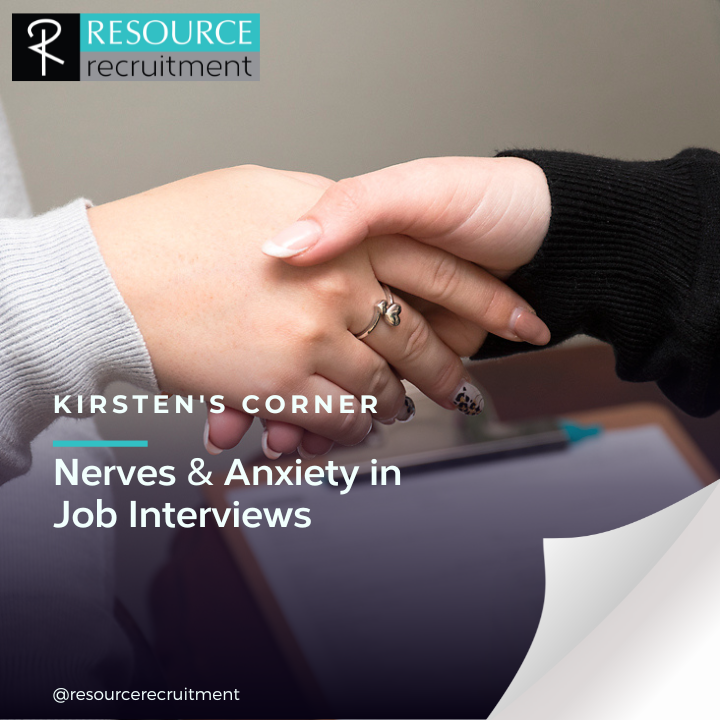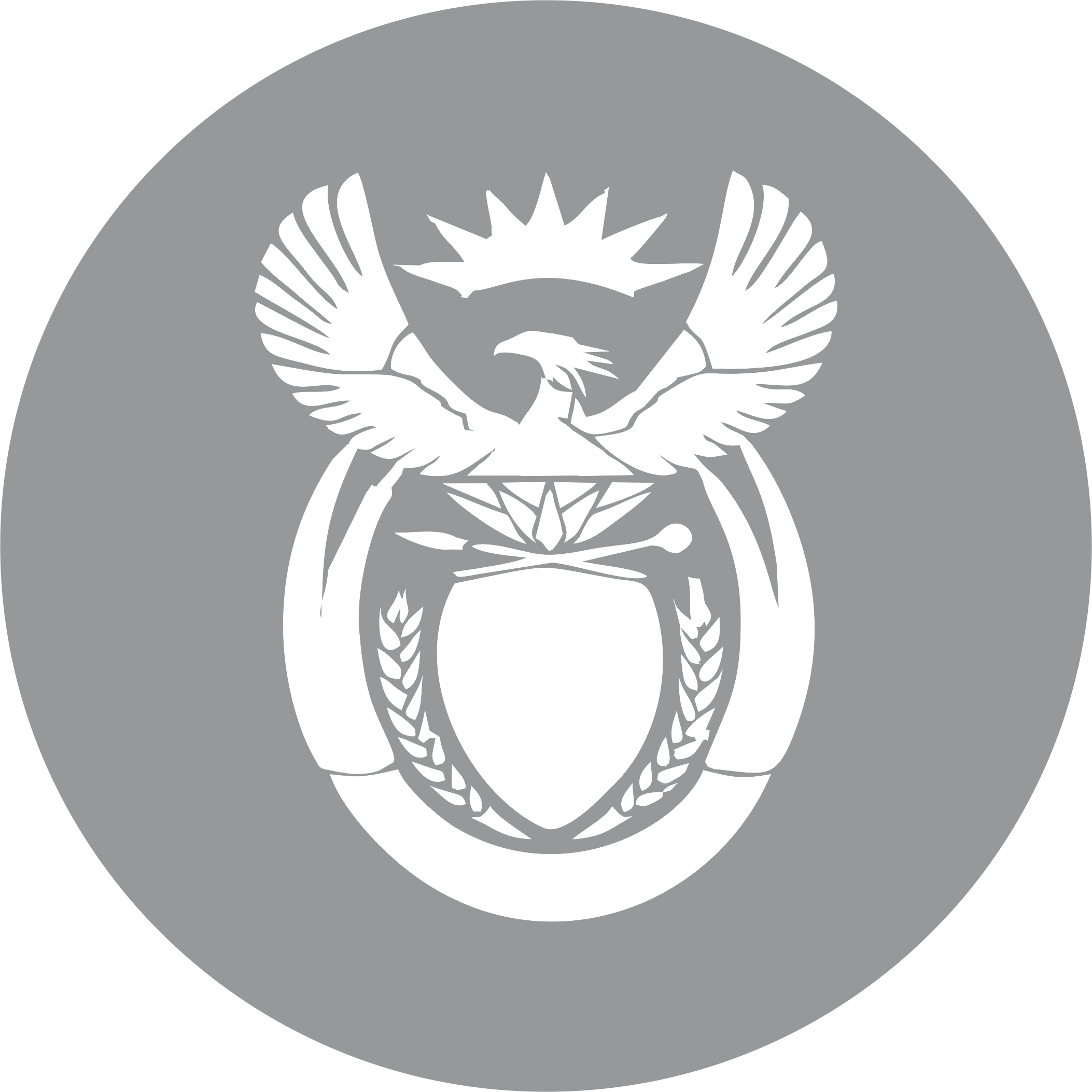
11 Oct Nervousness and Anxiety in Job Interviews Interview
Nervousness and Anxiety in Job Interviews Interview
Interviews can be nerve-wracking experiences, often triggering feelings of both nervousness and anxiety. While these terms are frequently used interchangeably, they represent different emotional states and can impact your performance in distinct ways. Understanding these differences and learning how to manage and harness these emotions can significantly improve your interview performance.
Nervousness vs. Anxiety: Understanding the Difference
- Nervousness: Nervousness is a common, temporary emotional state characterized by apprehension or unease before a specific event, such as an interview. It often stems from anticipation or excitement about the upcoming event. Nervousness can be a motivating force that sharpens your focus and prepares you for performance.
- Anxiety: Anxiety, on the other hand, is a more intense and persistent emotional state that can interfere with your daily life. It is often characterized by excessive worry, fear, or dread that may not be directly linked to a specific event. Anxiety can lead to physical symptoms such as increased heart rate, sweating, and trembling, and may hinder your ability to perform effectively.
How to Harness Nervousness to Your Advantage
- Channel Nervous Energy Positively: Nervousness can be transformed into positive energy that enhances your performance. Use the adrenaline rush from nervousness to stay alert and focused.
- Prepare Thoroughly: Preparation can mitigate the effects of nervousness by increasing your confidence. Research the company, review common interview questions, and practice your responses. Being well-prepared can turn nervousness into a drive to demonstrate your qualifications effectively.
- Use Nervousness as a Motivator: Recognize that feeling nervous is a natural part of the interview process and use it as a sign that you care about the opportunity. Let it motivate you to give your best performance and show your genuine interest in the role.
- Rehearse Your Responses: Engage in mock interviews to practice your responses and get accustomed to answering questions under pressure. Rehearsing in a simulated environment helps desensitize you to the stress of the actual interview and allows you to harness nervous energy constructively.
Steps to Deal with Anxiety Before the Interview
**1. Practice Relaxation Techniques: Incorporate relaxation techniques such as deep breathing exercises, meditation, or progressive muscle relaxation into your routine. These methods help calm your mind and reduce physical symptoms of anxiety.
**2. Establish a Pre-Interview Routine: Create a calming pre-interview routine to help manage anxiety. This could include activities like taking a walk, listening to soothing music, or engaging in a hobby that helps you relax and focus.
**3. Visualize Success: Practice visualization by imagining yourself succeeding in the interview. Picture yourself answering questions confidently and positively interacting with the interviewer. Visualization can reduce anxiety and boost your self-confidence.
**4. Stay Organized: Prepare all necessary materials, such as your resume, portfolio, and any notes, ahead of time. Having everything in order reduces stress and ensures you’re ready for the interview, minimizing anxiety.
**5. Challenge Negative Thoughts: Identify and challenge negative thoughts or beliefs that contribute to your anxiety. Replace them with positive affirmations or realistic perspectives. For instance, if you worry about making mistakes, remind yourself that everyone makes errors and that you are well-prepared.
**6. Seek Professional Help if Needed: If your anxiety feels overwhelming or persistent, consider seeking support from a mental health professional. Cognitive-behavioral therapy (CBT)
By recognizing and managing both nervousness and anxiety, you can leverage these emotions to improve your interview performance and increase your chances of success. Implement these strategies to stay focused, calm, and confident throughout your job search journey.



